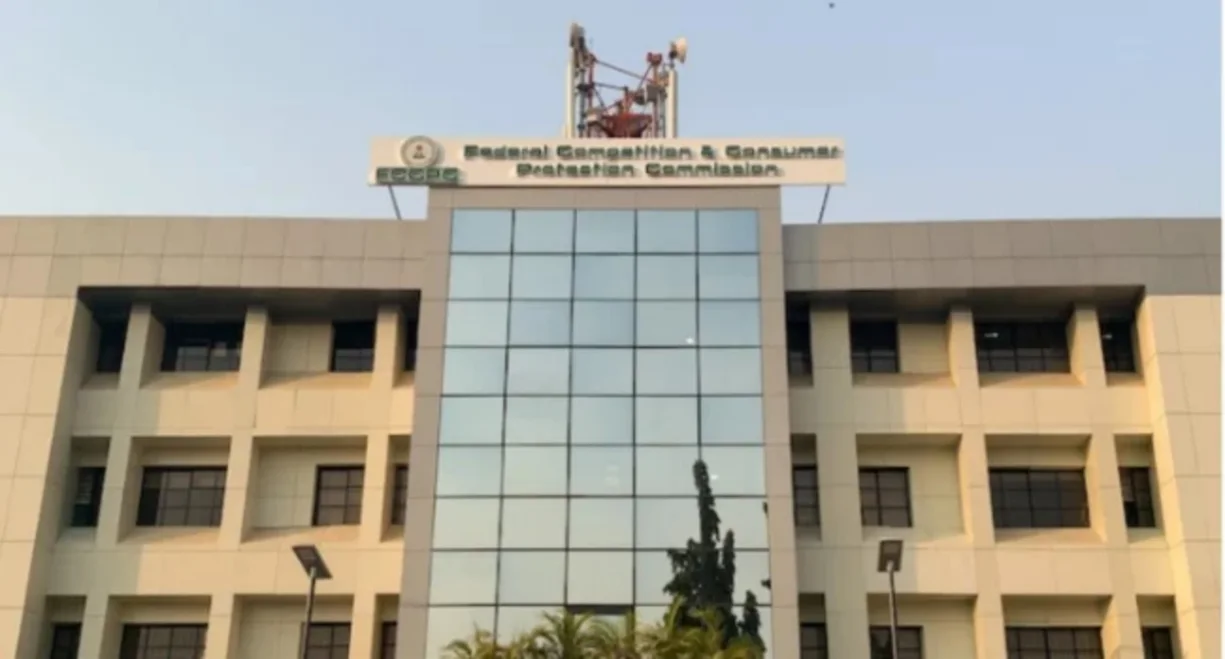The Federal Competition and Consumer Protection Commission (FCCPC) has welcomed two major court rulings that reinforce consumer rights in Nigeria. The Commission praised the Lagos High Court’s decision to award ₦5 million in damages against Multichoice Nigeria Limited and the Enugu High Court’s ruling declaring Peace Mass Transit’s “no refund” policy unlawful.
The Executive Vice Chairman and Chief Executive Officer of the FCCPC, Mr. Tunji Bello, commended the judiciary for ensuring fairness and accountability in the marketplace. He stated that the judgments demonstrate the strength of the Federal Competition and Consumer Protection Act (FCCPA) 2018, which empowers consumers to seek redress and compels service providers to meet lawful standards of fair service delivery.
“These rulings reflect the growing maturity of consumer protection law in Nigeria,” Mr. Bello said. “They show that the law is working and that consumers can rely on the courts to protect their rights.”
Mr. Bello also commended the affected consumers for pursuing justice through lawful means rather than resorting to self-help. He emphasized that the FCCPC provides several legitimate channels for complaints and that the judiciary’s readiness to enforce these rights strengthens confidence in the system.
Between March and August 2025, the Commission facilitated recoveries of more than ₦10 billion for consumers across 30 sectors, a development that Mr. Bello described as evidence of Nigeria’s improving consumer protection framework. He noted that consistent judicial enforcement complements the FCCPC’s regulatory work and sends a strong signal that consumer-rights violations attract real consequences. He urged Nigerians to continue reporting unfair practices through the FCCPC complaint portal, email, or its offices nationwide.
In one of the decided cases, the Lagos High Court, presided over by Justice R. O. Olukolu, awarded ₦5 million in general damages to a DStv subscriber, Mr. Ben Onuora, for the wrongful disconnection of his active subscription. The court found that Multichoice acted unlawfully by cutting off service despite verified payment, causing inconvenience to Mr. Onuora and his family. Justice Olukolu ordered immediate reconnection and an extension to cover the period of disconnection, relying on Sections 130, 136, and 142–145 of the FCCPA 2018, which protect consumers’ rights to quality service and hold suppliers accountable for defective delivery.
In the second case, the Enugu High Court, under Justice C. O. Ajah, ruled that Peace Mass Transit’s “no refund after payment” policy was illegal and void under Sections 120, 104, and 129(1) of the FCCPA 2018. The company was ordered to pay ₦500,000 in damages to a passenger, Mr. Tochukwu Odo, whose fare was withheld after an uncompleted trip. Justice Ajah held that service providers must refund consumers when a service is not rendered and that any policy denying refunds violates statutory consumer rights.
The FCCPC remains Nigeria’s lead agency for consumer protection and competition regulation under the FCCPA 2018, working to promote fair markets, safeguard consumer interests, and ensure business accountability nationwide.

